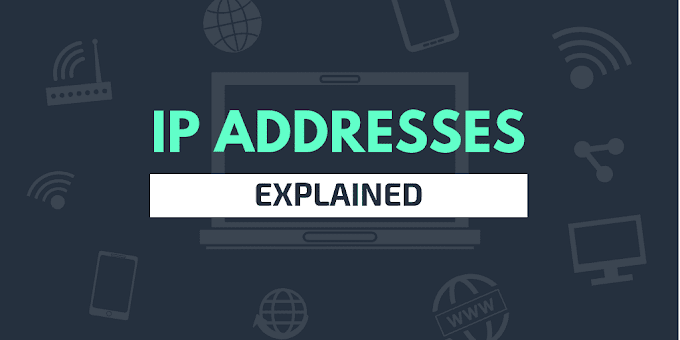Introduction
Search engine optimization (SEO) is the process of improving the visibility and ranking of a website or web page in search engine results pages (SERPs). SEO can be a complex and ever-changing field, but there are some basic things that website owners can do to improve their SEO.
In this blog post, I will discuss 10 ways to improve your website's SEO. These tips are a good starting point for any website owner, regardless of their experience level.
1. Conduct a keyword research
Keyword research is the process of identifying the keywords and phrases that your target audience is searching for. Once you have identified these keywords, you can use them throughout your website to improve your SEO.
There are a number of different keyword research tools available, both free and paid. Some popular keyword research tools include Google Keyword Planner, SEMrush, and Ahrefs.
When choosing keywords to target, it is important to consider the following factors:
- Search volume: How many people are searching for the keyword each month?
- Competition: How difficult is it to rank for the keyword?
- Relevancy: How relevant is the keyword to your website and your target audience?
2. Optimize your website's title tags and meta descriptions
Title tags and meta descriptions are the snippets of text that appear under your website's listing in SERPs. They are one of the first things that potential visitors will see, so it is important to make a good impression.
Your title tag should be clear, concise, and accurately reflect the content of your website. Your meta description should be a brief overview of your website and what you have to offer.
3. Use header tags
Header tags are used to structure the content on your web pages. They help search engines to understand the hierarchy of your content and which information is most important.
There are six different header tags, ranging from H1 to H6. The H1 tag is the most important header tag, and it should be used for the main title of your web page. Each subsequent header tag should be used for less important subheadings.
4. Create high-quality content
High-quality content is one of the most important factors in SEO. Search engines want to rank websites that provide value to their users.
When creating content for your website, make sure that it is well-written, informative, and relevant to your target audience. You should also include relevant keywords throughout your content, but avoid keyword stuffing.
5. Optimize your images
Images can be a great way to make your website more visually appealing and engaging. However, it is important to optimize your images for SEO.
One way to optimize your images is to use relevant file names and alt text. The alt text is the text that is displayed when an image cannot be loaded. It is important to use descriptive alt text that accurately describes the image.
You should also compress your images to reduce their file size. This will help your website to load faster, which is another important SEO factor.
6. Build backlinks
Backlinks are links from other websites to your website. Backlinks are one of the most important ranking factors in SEO.
There are a number of different ways to build backlinks, such as creating high-quality content, guest blogging, and directory listings.
When building backlinks, it is important to focus on quality over quantity. A few high-quality backlinks from relevant websites are better than a lot of low-quality backlinks from irrelevant websites.
7. Improve your website's loading speed
Website loading speed is an important SEO factor. Search engines want to rank websites that load quickly.
There are a number of different things you can do to improve your website's loading speed, such as optimizing your images, using a caching plugin, and minifying your code.
8. Make sure your website is mobile-friendly
More and more people are using their smartphones and tablets to access the internet. It is important to make sure that your website is mobile-friendly, so that it looks good and functions well on all devices.
You can use Google's Mobile-Friendly Test to see if your website is mobile-friendly. If your website is not mobile-friendly, you should make the necessary changes to improve the mobile experience.
9. Use social media
Social media is a great way to promote your website and content. When you share your content on social media, make sure to include a link back to your website.
Social media signals are not a direct ranking factor in SEO, but they can help to improve your website's visibility and authority.
10. Track your results
Once you have implemented the above SEO tips, it is important to track your results so that you can see what is working and what is not.
There are a number of different SEO tracking tools available, both free and paid. Some popular SEO tracking tools include Google Search Console, SEMrush, and Ahrefs.
When tracking your SEO results, it is important to pay attention to the following metrics:
- Organic traffic: The number of visitors to your website from search engines.
- Keyword rankings: The position of your website in SERPs for specific keywords.
- Backlinks: The number and quality of backlinks to your website.
Tracking your SEO results will help you to identify which SEO strategies are most effective for your website. You can then adjust your strategies accordingly to improve your results over time.
Conclusion
Improving your website's SEO can be a complex and time-consuming process, but it is worth it in the long run. By implementing the tips in this blog post, you can improve your website's visibility and ranking in SERPs, which can lead to more traffic and more customers.
I hope this blog post has been helpful.





0 Comments